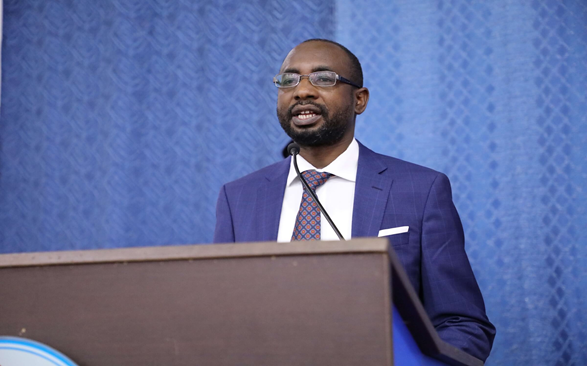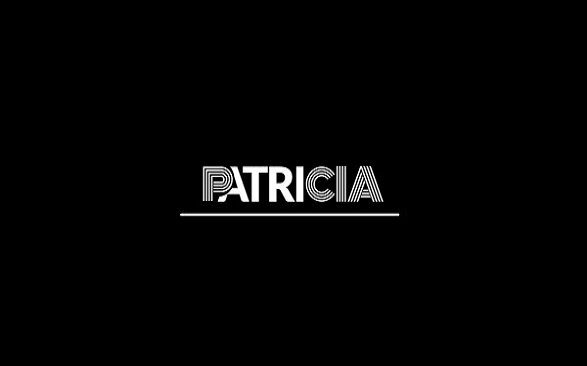Keynote address delivered at the Tokenised Economy 2024 Conference, Baze University, Abuja, October 3, 2024
May Peace, Mercy, and Blessings be upon you all.
Good morning distinguished guests, ladies and gentlemen,
It is a great pleasure and a deep sense of fulfillment to address you today at this important event with the theme of “real-world asset tokenization”. As the Director-General of the National Information Technology Development Agency (NITDA), it always gives me joy when I see industry players, government officials, and experts come together to deliberate on technology and how its transformative power can be leveraged for betterment of the society. This gathering is another opportunity to rub minds and come up with far-reaching decisions and recommendations to further explore the potentials of Blockchain technology and other emerging technologies to better our economy.
Tokenisation of assets as a concept is one area where the impact of Blockchain technology is visible. Asset tokenisation is the process of converting traditional physical or digital assets into digital tokens, which are recorded on a blockchain or a distributed ledger. In Web3 applications, these tokens live on private Blockchains, ensuring they can be securely utilized within specific protocols. This advancement is not just technical; it represents a revolution in how assets are managed, exchanged, and secured. When assets are tokenised, a Blockchain token (security token) is issued as a digital and legal representation of the real asset. This allows assets to be sold, held, and traded in a digital format, enhancing liquidity and accessibility.
Like every other digitilisation process, tokenisation has its processes and steps necessary to be taken to achieve successful digitisation and generate a secured security token. The first step is to determine the specific property or properties to tokenise and consider jurisdiction, types of shareholders, and the relevant regulations and legal structure. The next step is to set up a token custody solution with a custody provider and choose the right blockchain network and protocol for token creation. The final step is to create a distribution plan and payment methods for potential investors to purchase the token.
Real estate tokenisation is a new trend that involves representing property ownership on a Blockchain. It offers several advantages over traditional real estate financing, such as automating processes, increasing liquidity, lowering investment barriers, and improving transparency. As a result, it is considered a promising development for the future of real estate markets.
Real estate investment markets are currently plagued by inefficient transfer and record-keeping processes. These inefficiencies lead to high administrative costs, which can account for 50-75% of an issuer’s total operating costs. Tokenisation can automate these processes, eliminating friction and significantly reducing operating expenditures. According to a report by PwC, the global market for tokenised assets was valued at $375 billion in 2021 and is projected to reach $2.3 trillion by 2030, growing at a compound annual growth rate (CAGR) of 23.1%. In another study carried out by Moody Investor Service, they projected that tokenisation could save $1.7 billion annually in expenses in the U.S. alone.
In Africa, over 100 million Blockchain-based transactions took place in 2021, according to the World Bank. Venture capital funding also reached $306 million, which indicates investors’ confidence in the sector. However, in 2022, only USD 20 billion of real estate has been digitally represented on the blockchain, out of which USD 194 million is traded on secondary markets. To put this number into perspective, Moore, a global accounting and advisory firm, estimates that USD 1.4 trillion of property assets will be digitally represented on the blockchain by 2026. This rapid growth signifies that tokenization is not just a fleeting trend; it represents a fundamental shift in asset ownership and management that Nigeria cannot afford to be left out.
NITDA, as the apex IT regulatory body in Nigeria, has been at the forefront of promoting the use of emerging technologies including Blockchain technology across all sectors of the Nigerian economy. Since the launch of the National Blockchain Policy (NBP) and the subsequent inauguration of the Steering Committee for the implementation of the NBP, NITDA has worked with the Blockchain ecosystem to run a series of programs to promote the adoption of Blockchain technology across all sectors.
As a nation, we have taken significant steps towards embracing a tokenised economy, particularly with the launch of the e-Naira by the Central Bank of Nigeria (CBN). Additionally, Nigeria’s Security and Exchanges Commission (SEC) is working on licensing of Virtual Asset Service Providers (VASPs) in Nigeria. It would be a plus to the Nigerian economy if the volume of Nigeria’s cryptocurrency market which is projected to reach $52.5 million by 2028 is secured through tokenisation using licensing. Furthermore, the plan by Lagos State to tokenise real estate is a bold move that could set a precedent for other states looking to modernise their property markets. Tokenising agricultural commodities, oil and gas assets, securities, bonds, and derivatives are other areas Nigeria can explore to increase wealth creation and boost the economy.
Tokenisation is not without challenges that require consideration. Firstly, the need for a clear and comprehensive regulatory framework for tokenised assets is essential to ensure consumer protection, market integrity, and investor confidence. Secondly, the development of robust infrastructure, including reliable Internet connectivity and secure payment systems, is crucial for the successful implementation of a tokenised economy. Thirdly, protecting against cyber threats and ensuring the security of digital assets is a major concern. Strong cybersecurity measures and education are necessary to mitigate risks. Finally, raising awareness about blockchain technology and tokenisation among the general public and businesses is essential for widespread adoption.
I would conclude by saying that real-world asset tokenisation would offer a promising avenue for Nigeria to unlock its economic potential and improve the lives of its citizens. Nigeria has the potential to become a leader in the tokenised economy in Africa. By investing in infrastructure, education, and a supportive regulatory environment, Nigeria can unlock the full potential of tokenisation and drive economic growth.
Thank you.
Kashifu Inuwa Abdullahi, CCIE
Director General/CEO,
National Information Technology Development Agency (NITDA)
Discover more from Crypto Asset Buyer
Subscribe to get the latest posts sent to your email.





